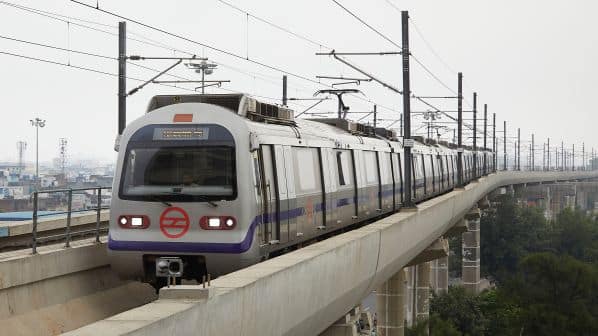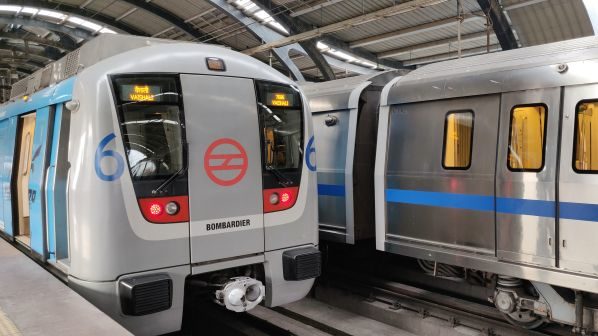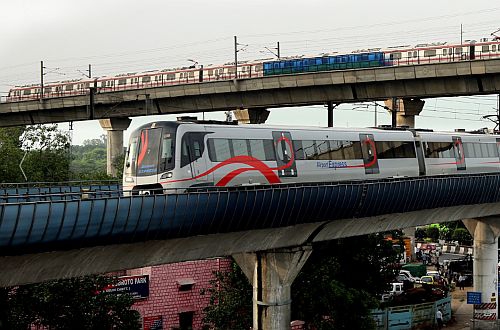INDIA’s rail industry is currently debating the need for a review of dispute resolution in the infrastructure sector. This follows the decision by the Supreme Court on April 10 to overturn its own earlier arbitration award of Rs 29bn ($US 351m), or Rs 80bn including interest, to Delhi Metro Express Private Ltd (DAMEPL), a joint venture between Reliance Infrastructure and CAF of Spain.
Private investment in India’s rail sector is sporadic, largely due to the absence of an effective dispute resolution process that can be trusted by all parties. Last month’s Supreme Court ruling was followed by a 20% drop in Reliance’s share price. This has caused disquiet amongst private-sector players in the domestic rail industry.
DAMEPL originally signed a concession agreement with Delhi Metro Rail Corporation (DMRC), a 50:50 joint venture between the Indian government and the government of the National Capital Territory of Delhi, in 2008 for the construction, operation and maintenance of the 22.5km Delhi Metro Airport Line, connecting New Delhi railway station with Indira Gandhi International Airport.
DMRC was responsible for land acquisition, site clearance, civil works and all associated costs. DAMEPL was responsible for the design, supply, installation, testing and commissioning of railway systems, well as operations and maintenance.
DAMEPL sought deferment of the concession fee paid to DMRC in 2012 owing to delays in providing access to stations by DMRC. Operations were stopped by DAMEPL in July 2012 and arbitration proceedings began in October of that year.
In May 2017 DAMEPL won the arbitration award, but the High Court in Delhi subsequently ruled that this order suffered from “patent illegality.” DAMEPL then went to the Supreme Court which restored the order, but DMRC subsequently lodged an appeal against this ruling.
In its latest ruling, the Supreme Court described its own earlier decision as “a gross miscarriage of justice.” The verdict has brought financial relief to DMRC, and has reduced the burden on taxpayers.
Many cases involving private infrastructure companies are now before Indian courts, with the rail and highways sectors accounting for a particularly high number. Delays in settling claims are blocking further access to capital from lenders.
In some cases, lending banks are prepared to underwrite the financial claims of these companies after making a fair assessment of whether to provide further loans. But the banks retain full rights over these future claims, whenever they are settled. “Private investors are losing out,” says one company source on condition of anonymity.
For detailed data on Indian metro projects, subscribe to IRJ Pro.




